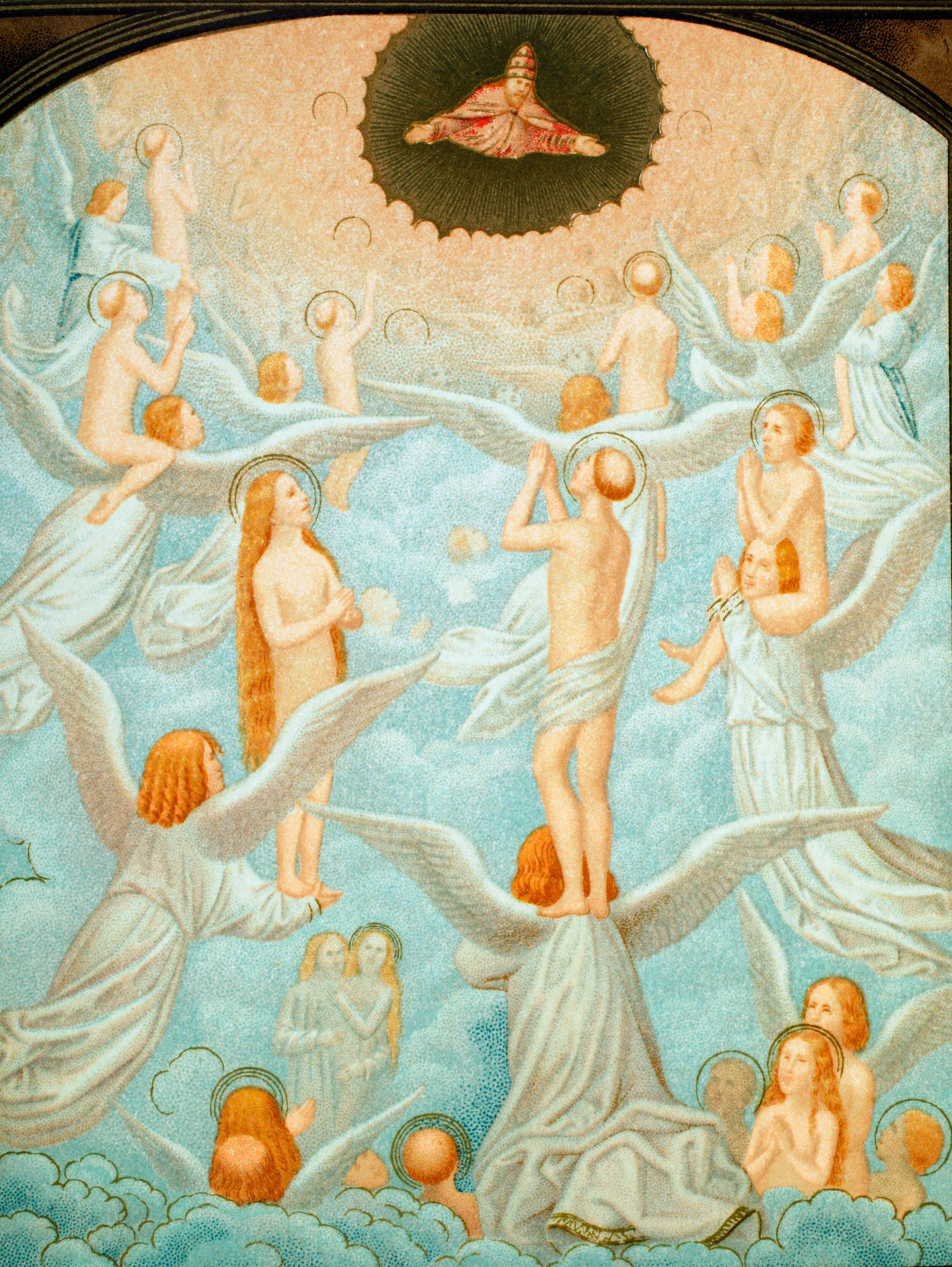
How God Becomes Real
Kindling the Presence of Invisible Others
The hard work required to make god real, how it changes the people who do it, and why it helps explain the enduring power of faith
How do gods and spirits come to feel vividly real to people—as if they were standing right next to them? Humans tend to see supernatural agents everywhere, as the cognitive science of religion has shown. But it isn’t easy to maintain a sense that there are invisible spirits who care about you. In How God Becomes Real, acclaimed anthropologist and scholar of religion T. M. Luhrmann argues that people must work incredibly hard to make gods real and that this effort—by changing the people who do it and giving them the benefits they seek from invisible others—helps to explain the enduring power of faith. Drawing on ethnographic studies of evangelical Christians, pagans, magicians, Zoroastrians, Black Catholics, Santeria initiates, and newly orthodox Jews, Luhrmann notes that none of these people behave as if gods and spirits are simply there. Rather, these worshippers make strenuous efforts to create a world in which invisible others matter and can become intensely present and real. The faithful accomplish this through detailed stories, absorption, the cultivation of inner senses, belief in a porous mind, strong sensory experiences, prayer, and other practices. Along the way, Luhrmann shows why faith is harder than belief, why prayer is a metacognitive activity like therapy, why becoming religious is like getting engrossed in a book, and much more. A fascinating account of why religious practices are more powerful than religious beliefs, How God Becomes Real suggests that faith is resilient not because it provides intuitions about gods and spirits—but because it changes the faithful in profound ways.

Reviews and discussions
Praise for How God Becomes Real
“T. M. Luhrmann has a rare gift and this book is a rare achievement—beautifully accessible, intellectually humble, genuinely objective.”
“This is a brave, subtle book. Luhrmann draws on her rich career of fieldwork in a range of religious communities around the world to reveal the basic scaffolding of spiritual experience—the combination of habits, practices, relationships, sensations, and stories that enable humans to experience God as real. She delves into the differences across faiths and cultures while also offering a bold, persuasive case for all we share in common.”
“How God Becomes Real is bold, thought-provoking, and very accessible.”
“This is a brilliant book that tackles an issue of great importance: How do our minds apprehend religion, how do we work to fashion our religious ideas and emotions, and how does that work change us? How God Becomes Real is profound—and also a great read.”
